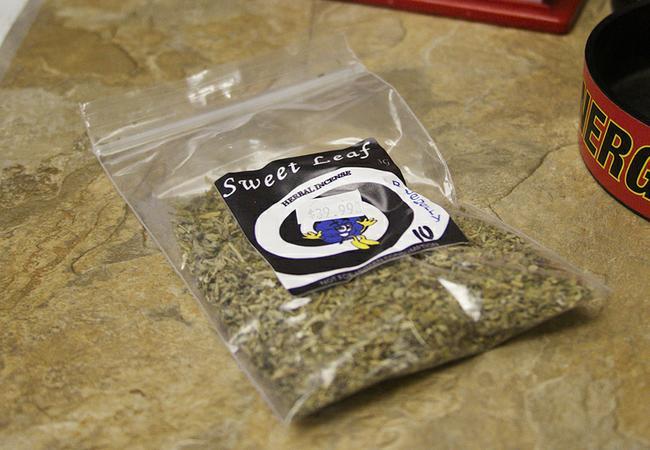A House bill to expand the list of banned synthetic drugs, put forward by Missouri State Rep. Ward Franz, will see its next hearing Tuesday.
“We’ve got a list that we’ve picked up from other states that are banning,” Franz said. “We’re adding the compounds we know of. Plus, we’re coming from another approach, just kind of adding to the definition of marijuana to include synthetic cannabinoid.”
This year’s bill to expand the list of banned synthetic drugs is essentially an update to last year’s bill, HB 1472. When HB 1472 was reviewed last year, substitutes for the drug K-2 started to surface that were not on the current list of banned drugs including Ivory Wave, a type of synthetic cocaine sold as a bath salt product.
K-2 is commonly known as “spice” and is banned in a variety of other states aside from Missouri.
The official website of K-2 advertises the products by stating, “Our new blends are 100% legal everywhere and not covered by the news bans,” which they say includes Missouri.
Franz said this bill might have to be updated again in the future.
“That’s the way it is with legislation,” he said. “And if that’s the case, we’ll be back next year to keep fighting.”
Franz said similar to last year’s bill, he thinks HB 641 will pass.
“I think everybody’s overwhelmingly in favor of it,” he said. “I get call after call of colleagues asking where we are on this bill and what’s going on.”
State Rep. Mary Still said she was unaware of how prevalent synthetic drugs were in Columbia and that she has not yet read the bill.
Columbia Police Department spokeswoman Jill Wieneke said CPD does not have a specific method for tracking crimes pertaining to specific synthetic drug use because they are all entered into a general synthetic drug category.
Wieneke said the amount of time CPD spends dealing with synthetic drug issues is relatively small, but part of the reason for that is the outdated computer data system that will be updated next year. If these synthetic drugs are extremely prevalent, CPD is not coming across them a lot, she said.
“We’re not encountering it much where it’s really that important,” Wieneke said. “I think it’s out in the community. There’s no doubt about that. But we can’t really detect it because there’s no test for it.
Wieneke said the only way they would specifically know what type of synthetic drug they found in a situation would be if a drug recognition expert were brought in to test it.








